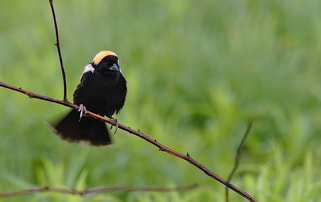 Spring means warbler migration. I change out the marimba CD in my car for an auditory field guide. I memorize the intro track, the narrator’s perky voice that I can’t believe belongs to a real man. I attend lectures about bicycle Big Years and song variation of veery across Appalachia. I read the Peterjohn guide to Ohio breeding birds and dog-ear pages for rare warblers. Birdsongs are like languages. They identify. They project. They entice. Birds use song to draw the borders of their territory, to warn of predators, to boast about their fitness to prospective mates. Birdsong adapts. Near highways, chickadees adapt their voices to sing above the noise. Some birds are given unique names by their parents. They sing their names to prospective mates and build whole family lines based on these names. Song defines species, and many good birders know the key to identification isn’t field marks and habitats, but song. In some species, the song is innate. For others song is learned, practiced, copied. In the catacombs of YouTube, I find hours of birdsong, recorded so that captive birds can learn to sing. And of course, there are the infamous mimics—thrashers and mockingbirds—which learn the songs of other birds and sometimes deceive even the most experienced of birders. Like a mockingbird, I spend hours listening and then trying to mimic the calls of warblers and owls. I learn through imitation. The simpler songs are often easiest to pair with mnemonics. Cardinals say “cheer, cheer” and goldfinches frantically repeat their “potato-chip” wherever they fly. Other calls are easy to learn because they are so spectacular. The bobolink has this kind of song. Bobolink song is complex and meandering, hard to process, but spring mornings and all summer long, bobs call out their unique name above the prairie as they have done for hundreds of years. Every community of bobolinks looks the same. The males are black with vanilla caps and white shoulders. Females and young birds are chestnut and brown, sparrow-like, with light eye lines and honeyed chests. Females are attracted by color and flight, but mostly by song. Male Bobs learn their songs from their community. This means that, although apparently the same, each population of bobs sings a slightly different version of the same song. Other birds display this behavior. Certain populations of veery favor one song type over another. But veery song is simple, usually only four notes, and the differences in rhythm and pattern are obvious once I know to listen for them. I begin to refer to some birds by their calls instead of their names. Carolina wren becomes tea-kettler. White-throated sparrow is poor-Sam-Peabody. I listen to recordings of bobolinks and compare them to my local flock. I like to imagine I could pick out one of my birds in their winter territory just by the unique cadence of his song. And that maybe they can recognize me, too. Christina Stump is a recent graduate of Bowling Green State University’s MFA program. She writes about nature and place-making, especially through the lens of speculative fiction and creative nonfiction. When not writing, Christina can be found in Ohio’s wetlands and forests, looking (and listening) for her nemesis: the Swainson’s Warbler.
0 Comments
This is the woods in April: It is cold, the kind of morning when the world is coated with a layer of frost and trees clench fistfuls of fresh buds against white-washed stems. Cold perseveres. Our carolina wren sings from the emaciated branches of the flowering dogwood. It is a weekday, and morning besides, so I am the only human in the woods. Before: Ohio was forest and wetlands and prairie. Bison shaped the land like elephants built the savannah. There were horses here, once. Not the wild horses we know now, but American horses. There were mastodons, cave lions, giant sloths, short-faced bears. All hunted or undone by time. Now: Ohio is defanged. The wolves and bears that come here are newspaper headlines and campfire stories, only half believed. The swamps, and the cranes that nested there, are reduced to hunting preserves and sewage treatment plants. A pair of sandhill cranes dance in the shadows of an oil refinery built for a pipeline that stretches like an ugly brown snake around the girth of the world. In the woods, I pretend that a human is just another animal, I pretend we have not built cities, launched spaceships, sparked wars. I pretend Earth recognizes me, accepts me. I am not a stranger here, I tell myself. But these trails are only decades, not centuries, old. This woods is curated, a living diorama. I am just a few miles from my car, from warmth and shelter and safety. Yet I say I belong here. I say I could live out here forever. I can’t even start a fire without help. I can only identify three edible plants: raspberry, strawberry, jewel-weed. Trees are yet unnamed to me, just clustered of tessellated fall leaves on the trail ahead of me. I do not live here. I am a visitor only. The woods knows this. Does not surrender its secrets. In an hour or two, I will regress, return to the car, drive thirty miles through darkness to a house built on the bones of conquerors and conquered. This town is the remnant of a fort. A reminder that a war was fought and lost and forgotten here. And before that: a town by a river. And before that there was only the river. And before that? Christina Stump is a recent graduate of Bowling Green State University’s MFA program. She writes about nature and place-making, especially through the lens of speculative fiction and creative nonfiction. When not writing, Christina can be found in Ohio’s wetlands and forests, looking (and listening) for her nemesis: the Swainson’s Warbler.
Christina Stump is a recent graduate of Bowling Green State University’s MFA program. She writes about nature and place-making, especially through the lens of speculative fiction and creative nonfiction. When not writing, Christina can be found in Ohio’s wetlands and forests, looking (and listening) for her nemesis: the Swainson’s Warbler.
Faded wood chips slide between her fingers as Emma pulls the dead peony’s bulb from the ground. She wants to move it. She needs to move it. Partially because it is her favorite flower. Mostly because she’d moved it four times in the past four years, always on the same day. This year the blooms lasted a full ten days and she kept them inside on the mantle with the dead ones. Today is the day she dug it up and placed it somewhere new because next year, it would bloom again. She doesn’t know where it belongs, so she starts digging, looking for the best soil. Her hand shovel pierces the ground and removes the dirt until she sees something. It looks like paper. ~ Seven years earlier, in the same spot, a boy knelt in the garden and began to dig. Behind him, the sliding door opened and his mother shouted that it was time for dinner. He said he was coming and filled in the hole. ~
~ Five years earlier, in the same spot, a man knelt in the garden, removed his watch, and began to dig. Behind him, the sliding door opened and his wife shouted that it was time for dinner. He asked her if she knew that peonies were supposed to last for one hundred years. She said she didn’t. It’ll be here long after we’re gone, he said. All she could do was smile and say that the food was getting cold. He said he was coming and filled in the hole around the beautiful flower he said would last a century. ~ Emma raises the watch to her ear, listening to it tick. Behind the dirt-covered faceplate, the thinnest hand clicks as it moved. Tears reform and drip down her face as she flips it over and looks at the engraving on the back. Gently, she rubs her thumb against the words, feeling the tiny cuts graze across her fingertip. “Love is temporary and yet eternal.” She thinks to herself just like a peony, and plants it there. A.J. Ferguson is a published poet, playwright, and fiction writer who teaches creative writing in Oklahoma City, OK where he lives with his wife and children.
 “It’s just what I always wanted,” you say, proud and grateful when your daddy plants the small oil can in your hands, even if to yourself you wonder what it is for. “Thank you, daddy,” you give him a hug, so happy to be close to the man you love, back from work in his short-sleeved white shirt and dark trousers, pens you covet peeking from his breast pocket. Soon you will go swimming together and what does it matter what he gives you. You have him. He cannot stop smiling, giggling even as he gazes down at you holding the mysterious can of oil. He says, “close your eyes,” which you do, and stretch out your arms as he also asks you to do. Something hard falls into them. Your eyes open-- a rectangular box, unwrapped so you already know what it is—inside, a key attached to a red ribbon. Your dad holds it up as he meets your gaze. “Do you know how to use this?” You nod, but your dad shows you anyway, turning the metal rods at the sides of your skates, loosening them, before placing the ribbon with the key around your neck. “This is where you keep it.” You tell him you will never lose it as he crouches to help you slip on and tighten your skates, securing them around your sneakers with the half moon tips. You are so excited you can barely wait to step out the door, tap, tap, tap, tap, and be seen in your brand new skates, sailing down the driveway, over the speed bumps, away, away. Your dad helps you balance coming down the front steps. “And off you go,” he says. It is your birthday. Your hair flies wild. Your knees strain, arms swing wide, mouth stretching, unhinged with joy. But before you have rounded the corner and can see the sea where you both swim every day, you realize what this means. You will have to choose between being with your dad, being lifted high and placed on his shoulders then on his back so you can both surf waves back to shore. Or you can sail these streets alone on your brand new skates. The first on the block to own any skates, you figure your dad would want you to be a big girl, which means being on your own. Which means going on and on and on, further and further away from the dad you love, your father, who has today given you the gift of no choices.
 mother said you couldn’t come, that she was sad you wouldn’t make it, that you were held up at work, there would be leftovers in the fridge for you, she said you were held up at work or drinking, she said don’t set the table for you, it’s a waste of a clean dishes, not licked clean again like a new woman, mother said you couldn’t come and she was sad, you were held up at work or with her, i would do all the dishes myself this time and show you i can be a big boy i promise, if you were here and not with her or at work or held up, mother is sad, she made a meal for you and you couldn’t care enough to make it home, mother said you wouldn’t come back and you didn’t. Jason B. Crawford is black, bi-poly-queer, and a damn force of nature. In addition to being published in online literary magazines, such as High Shelf Press, Wellington Street Review, Poached Hare, The Amistad, Royal Rose, and Kissing Dynamite, he is the Chief Editor for The Knight’s Library. His chapbook collection Summertime Fine as a Short List selection for Nightingale & Gale. Jason is also the recurring host poet for Ann Arbor Pride.
Lithopedion: a rare medical phenomenon in which a dead fetus calcifies in the womb of the mother.  First I try baking. It doesn’t matter. The baking cannot save me. I bake cookies moist and delicious. I bake cookies dry and flat. I bake cookies until I sweat and ache, dusted in flour, sticky with sugar. But the panic, still there, gnaws at me. I shove a whole cookie into my mouth. I chew hard and swallow. Another cookie follows fast. Another. I chew the warm, sugary cookies and gulp them down in large, painful boluses. I swallow and am shoving more into my mouth. I am out of control. I repeat until my belly is distended and painful, but the distraction of eating does not numb me out. I lock the bathroom door behind me even though there is no one at the house. I kneel before the toilet in my bulimic rush. My right hand forces its way deep into my throat. My teeth press against my gritty, sugary hands, cutting the first and third knuckles, classic Reye’s syndrome. I heave and brown stinking slop comes up and splatters into the toilet. Gasping, I force the hand down again, and I cut the same knuckles, the sting stronger the second time. Overcome with disgust, I no longer need my hand to purge. I heave again and again until I am empty. I am breathless. The brown vomit stares up at me from the toilet, but everything is gone with the flush. My empty belly relaxes and a certain relief, a numbness washes over me, and I become a fraction removed from my panic. A bit hardened. Dear God, I pray, make me a stone. I remember teaching my eighth grade English class the word lithopedion. “Lith,” I had explained, “is a root meaning stone. P-e-d means child. In Latin, it literally means ‘stone baby.’ It happens when a late term miscarriage occurs, and because the fetus is too big to be expelled by the mother’s body, the body works to calcify it, so that the mother is protected from the dead fetus.” But now I am stuck, I am the word, and cannot be any other word. They found you, my twin, my one same, lying naked on the bed with a plastic bag over your head. A one-page suicide letter, hastily scrawled, lay on the floor. Empty pill bottles and a half-bottle of wine on the nightstand. I thought of us inside our mother’s pregnant womb. We were an egg split: cells divided into two embryos which implanted and nestled in the uterine lining. Mother’s body created the lavish placenta we shared; networks of arteries and veins formed and connected us, the rich whoosh-whooshing blood singing its lullaby. There is no mother here as my legs grow cold on these hard bathroom tiles. In your absence, I will seek out addiction, bulimia, alcohol, and anything that will keep me numb, dead, in my safe cocoon.  Natalie Coufal is a nonfiction and fiction writer from rural Central Texas. She won the Charles Gordone Nonfiction Award at Texas A&M in 2018 and the Paul Ruffin Award at Sam Houston in 2019. She is currently seeking her MFA in Creative Writing, Editing, and Publishing at Sam Houston State University in Huntsville, Texas. |
FLASH GLASS: A MONTHLY PUBLICATION OF FLASH FICTION, PROSE POETRY, & MICRO ESSAYS
Categories
All
COVER IMAGe:"Ice Crystals"
|
|
Glassworks is a publication of Rowan University's Master of Arts in Writing 260 Victoria Street • Glassboro, New Jersey 08028 [email protected] |
All Content on this Site (c) 2024 Glassworks
|

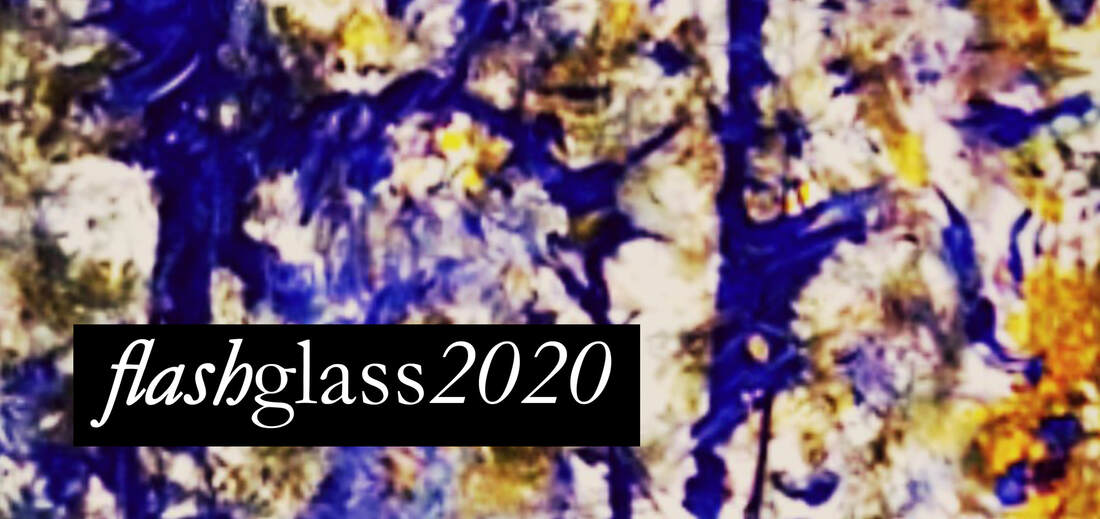
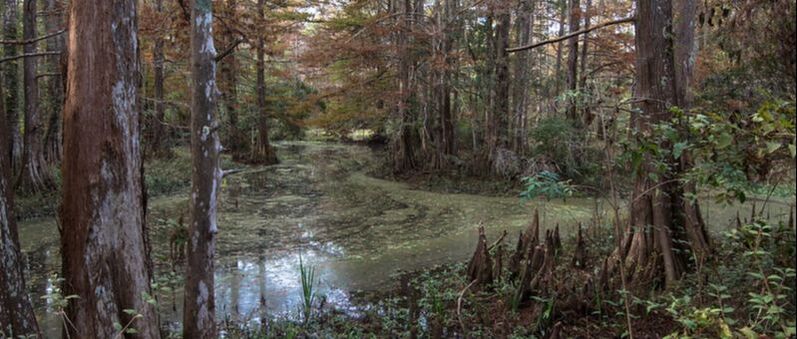
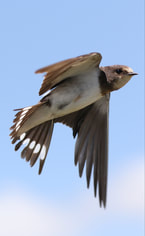
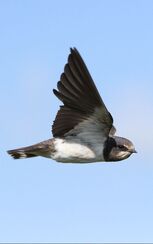
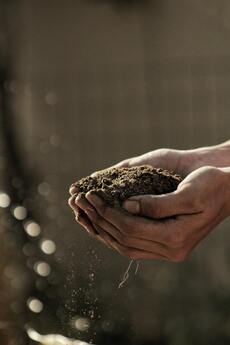
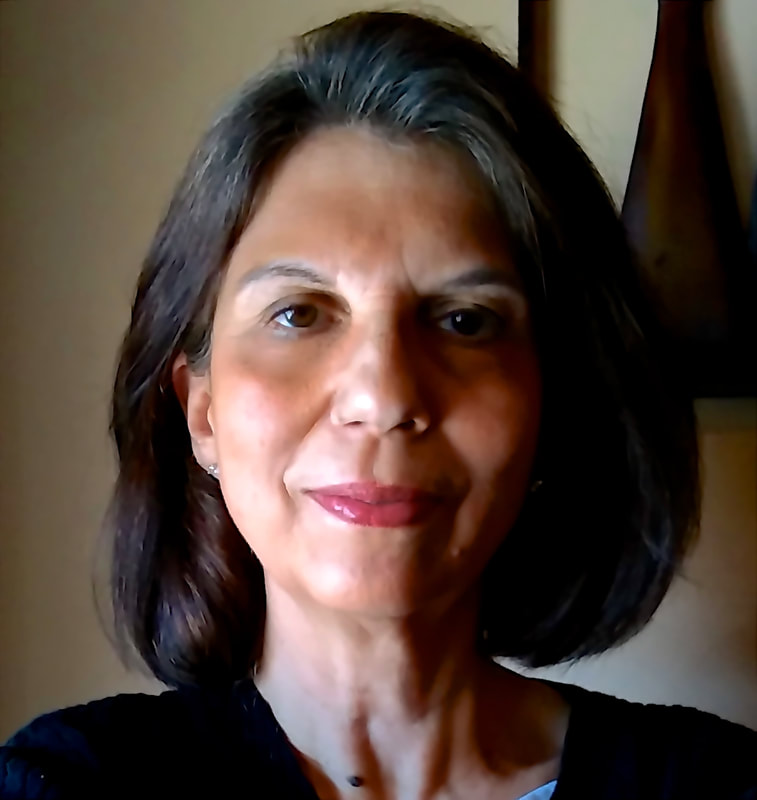
 RSS Feed
RSS Feed
